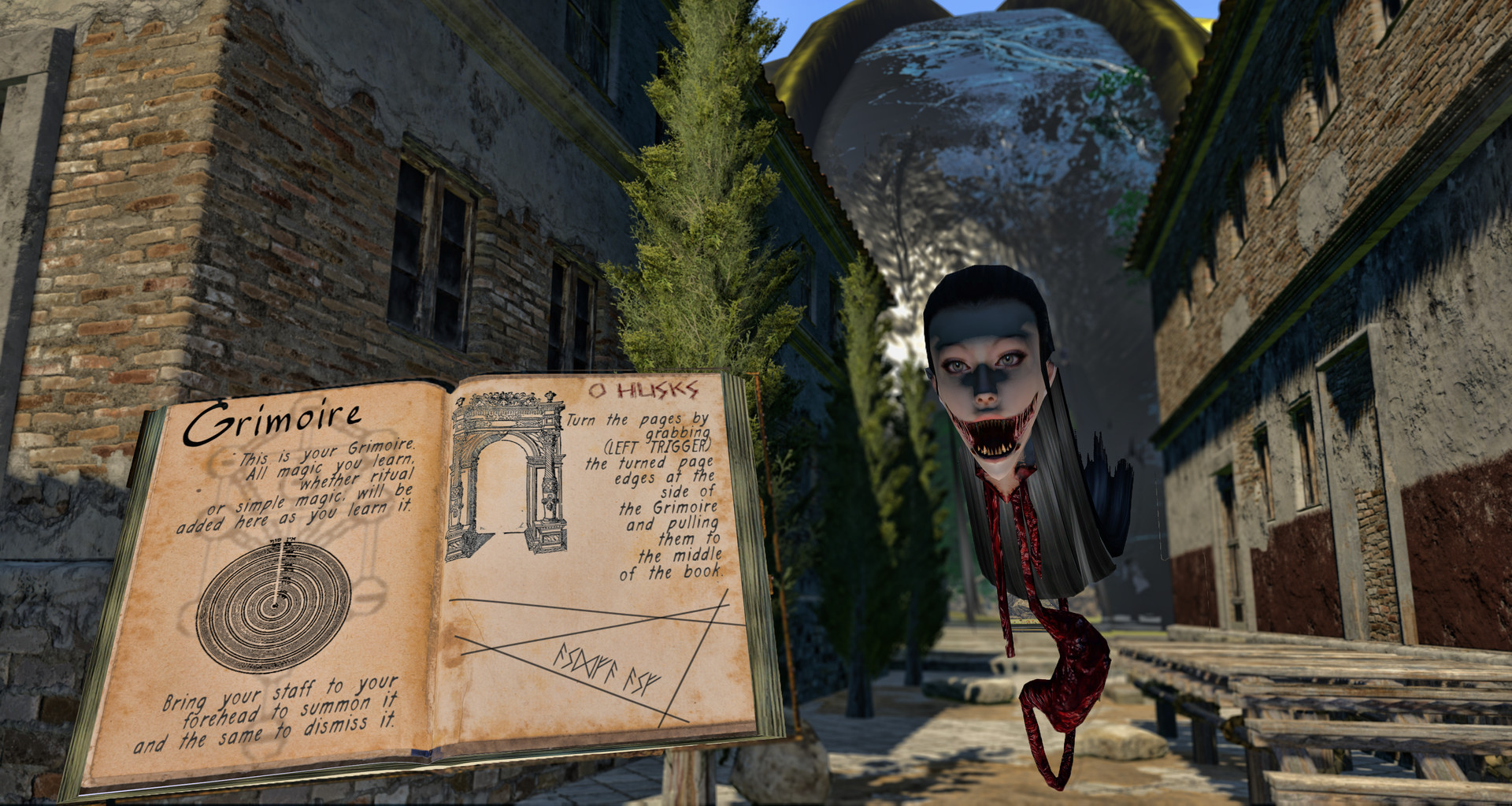This is a guest post by Virtual Reality developer Hugh Hancock, creator of VR horror RPG Left-Hand Path.
In the discussion of my last post, Philippa Cowderoy and Geoff Hart brought up an interesting question around esports in VR. Will e-sports in VR ever become a thing?
I was actually there at the start of the dawn of esports as a whole - I ran "News From The Front", a website which covered the competitive Quake scene back in 1996. (It may actually have been the first dedicated esports news site in the world.) And more recently, I've gotten back into PvP games and esports with the game DOTA2, which has consumed an enormous amount of my time over the last year or so.
And, of course, I'm a virtual reality developer by trade - my first VR game, the horror/rpg Left-Hand Path, left Early Access and entered full release last Friday. I should stress at this point that I don't have a professional dog in the esports race: I'm mostly interested in creating single-player experiences, often with heavy RPG bents. Whilst Left-Hand Path is certainly difficult, inspired as it is by Dark Souls, it's not PvP, and my next major game will probably also be a single-player experience. So I have no financial interest in pushing the whole VR esport concept.
Nonetheless, the esport question is fascinating to me. In five years, will we be seeing the equivalent of The International in VR?
We're further along than you might think
Well, in actual fact you could have watched this year's International in VR. DOTA2 has had a VR spectator mode available for some time. It's not quite ready for prime time yet - I still prefer the big-screen-with-snacks approach to DOTA game watching - but it's evidence that VR's advancing on the esport thing much faster than you might think.In fact, there's been an esport tournament in VR in just the last week.

